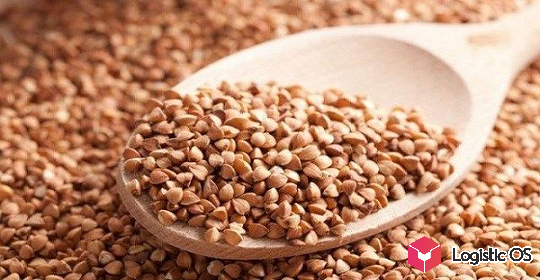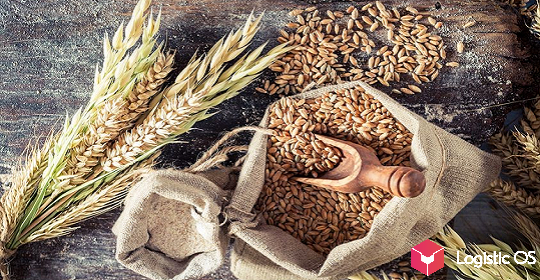According to experts, Russia occupies a very low position in its agricultural production (2% of the world food production).
While nothing prevents her from being a leader.
Everyone knows that Russia is the largest (and by a huge margin) country in the world.
But it’s not just the area.
Russia has:
100 million hectares of arable land — 10% of the world area (Russia is one of the four leaders in this indicator).
20% of all fresh water reserves on the planet (in fact — unlimited volume).
So how much food does the country with the most land and water produce?
But here the results will be modest: Russia creates agricultural products worth no more than $ 85 billion a year.
For comparison:
China — $ 1 trillion.
India — 400 billion (and this is with its area!).
USA — 340 billion
Of course, we can say that Russia is in a harsh climatic zone.
But, firstly, not all of them.
And secondly, Canada (which is all there and has only 39 million hectares of arable land) collects an average of 40 centners per hectare. And Russia — 26 centners.
The export figures for agricultural products from Russia are also not impressive: about $ 30 billion a year (and the US, for example, $ 150 billion).
Why is Russia still an outsider?
No, of course, 2% of the world food market is also a place of honor.
The outsiders of the Russian Federation will be, if we compare the volume of its production — and the volume of opportunities.
What’s the matter here?
As the head of the Department of Agrarian Economics at the Higher School of Economics, Professor Evgenia Serova, noted, the curse of Russia is that it has too many resources, and no one feels their limitations.
This means that there is no desire to increase efficiency — the very same yield per hectare.
The second reason is the lack of state support for the agro-industrial complex .
“With what money to perform feats?” — asks the head of the National Meat Association Sergei Yushin.
This year, for the first time, farmers felt enthusiasm, inspired by high export prices, so they were ready to develop with their own (obtained from the sale of the crop) money.
But it didn’t work out: the state restricted exports, and some manufacturers even decided to curtail their activities.
Therefore, when Russia will finally take its rightful place in the world agro-industrial complex market is an open question.
But there is no reason to expect that this will happen in the near future: this season the Ministry of Agriculture has planned about the same amount of harvest as in the past.

